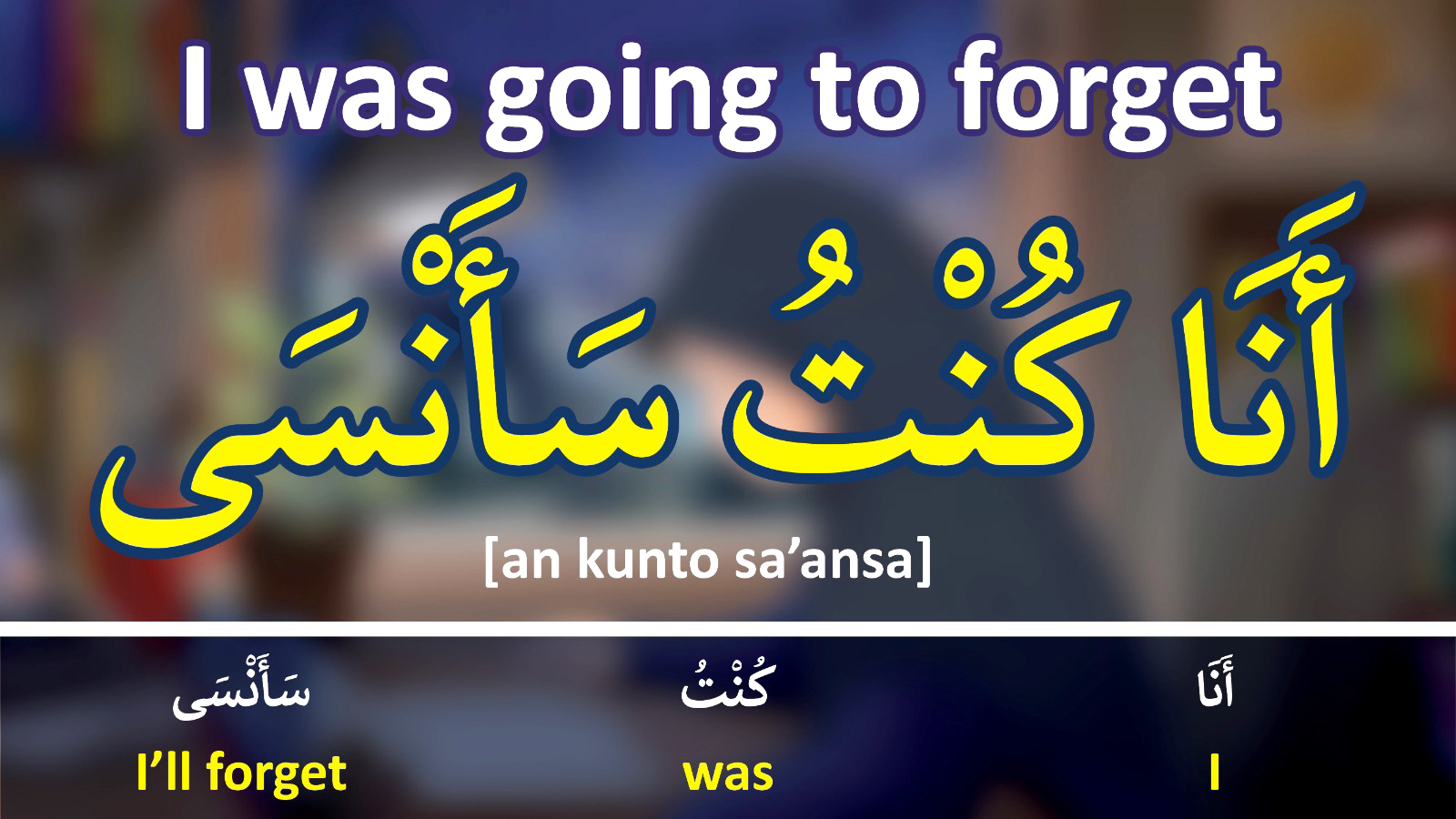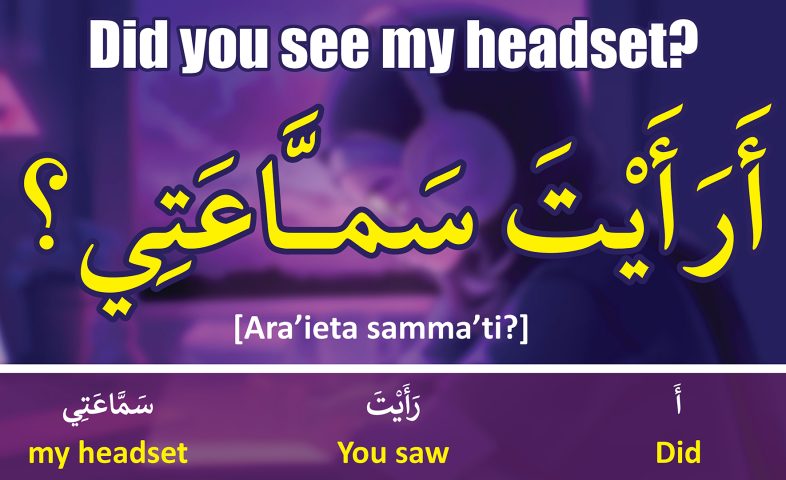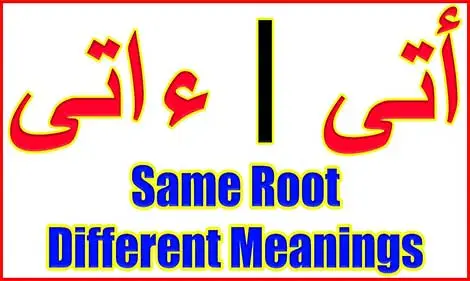In today’s globalized world, learning a new language can open doors to new cultures, experiences, and opportunities. Arabic, one of the world’s oldest and most widely spoken languages, holds a special place in the tapestry of global languages. Whether you’re planning to travel to an Arabic-speaking country, interact with Arabic-speaking friends, or simply want to add a valuable skill to your repertoire, mastering everyday phrases can make a significant difference. Our latest video, “Memorize With Me: The 50 Most Important Arabic Phrases for Everyday Life (English & Arabic),” is designed to help you achieve just that.
Why Learn Arabic?
Arabic is spoken by over 420 million people across 22 countries, making it the fifth most spoken language in the world. It is the liturgical language of Islam, the language of the Quran, and holds immense historical and cultural significance. By learning Arabic, you not only gain the ability to communicate with a vast number of people but also gain insights into the rich traditions, literature, and history of the Arab world.
About the Video
“Memorize With Me: The 50 Most Important Arabic Phrases for Everyday Life” is a meticulously crafted video aimed at beginners and those looking to brush up on their Arabic skills. The video features 50 essential phrases that are used in daily interactions, ensuring that you can navigate everyday situations with ease. Each phrase is presented in both English and Arabic, with clear pronunciation guides and context for usage.
Structure and Content
The video is structured in a way that facilitates easy learning and retention. Each phrase is introduced in English, followed by its Arabic equivalent. A native Arabic speaker then provides the correct pronunciation, allowing viewers to mimic and practice the sounds accurately. The phrases are grouped into categories such as greetings, common questions, expressions of gratitude, and more, making it easier to learn and remember them in context.
Greetings and Introductions
The first section of the video covers basic greetings and introductions. Phrases like “Hello” (Marhaban), “Good morning” (Sabah al-khayr), and “My name is…” (Ismi…) are essential for starting any conversation. This section also includes polite expressions such as “Nice to meet you” (Tasharrafna) and “How are you?” (Kayfa halak?).
Everyday Questions
Next, the video delves into common questions that are useful in various scenarios. Phrases like “Where is the bathroom?” (Ayna al-hammam?), “How much does this cost?” (Kam thaman hadha?), and “Can you help me?” (Hal yumkinuka musa’adati?) are invaluable when navigating unfamiliar environments.
Polite Expressions
Politeness is a cornerstone of Arabic culture, and this section focuses on expressions of courtesy. Learn how to say “Please” (Min fadlak), “Thank you” (Shukran), and “You’re welcome” (Afwan). Understanding these phrases can help you build rapport and show respect in your interactions.
Dining Out
For those who love to explore new cuisines, the dining out section is particularly useful. Phrases like “I would like to order…” (Ureed an atlub…), “The bill, please” (Al-fatora, min fadlak), and “Delicious” (Ladheedh) will enhance your dining experiences in Arabic-speaking regions.
Emergencies and Assistance
The video also covers crucial phrases for emergencies. Knowing how to say “I need a doctor” (Ahtaju ila tabeeb), “Call the police” (Ittasil bialshurta), and “I’m lost” (Ana ta’ih) can be lifesaving in critical situations.
Learning Tips
To maximize your learning experience, here are a few tips to keep in mind while watching the video:
- Repeat After the Speaker: Mimic the pronunciation of the native speaker as closely as possible. Repetition helps reinforce memory.
- Practice Regularly: Consistent practice is key to language acquisition. Try to use the phrases in your daily interactions.
- Use Flashcards: Create flashcards with the English phrase on one side and the Arabic phrase on the other. This can aid in quick recall.
- Engage with Native Speakers: If possible, practice with native Arabic speakers. Real-life conversations are invaluable for honing your skills.
- Watch the Video Multiple Times: Rewatching the video can help reinforce what you’ve learned and improve your pronunciation and understanding.
Conclusion
“Memorize With Me: The 50 Most Important Arabic Phrases for Everyday Life” is a valuable resource for anyone looking to learn Arabic. By mastering these essential phrases, you’ll be well-equipped to navigate everyday situations, build meaningful connections, and gain a deeper appreciation for the Arabic language and culture. So, join us in this linguistic journey and start speaking Arabic today!



